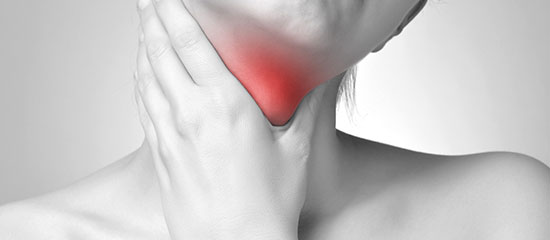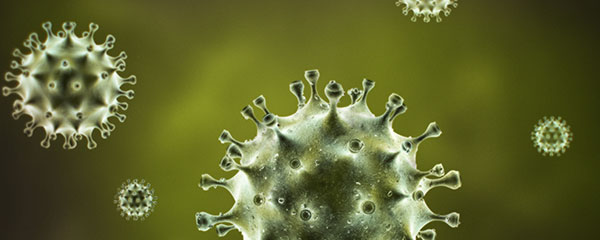internal medicine
Internal Medicine Clinic
01
What diseases develop in thyroid?
- 01
the cases that abnormalities is caused in thyroid function which secrets thyroid hormones
- 02
the cases that a cancer or lump develops in the thyroid due to neoplasmatic diseases
- 03
the cases that there is inflammation in the thyroid, may appear.

02
Thyroid dysfunction : Hyperthyroidism
When thyroid hormones are produced excessively, so the body becomes overloaded, resulting in various symptoms.
-

Symptoms Many things are in the mind, but hard to concentrate.
The body becomes hot and sweaty.
The heart beats fast and breath is shortened. There is feeling of fatique.
Appetite is good, but weight decreses.
There is frequent bowel movement. -

Treatment Graves' disease which is the most common reason of over production of thyroid hormones can be treated in three ways as below, and each way has cons and pros.
Therefore the treatment varies depending on patient.
ㆍMedicinal therapy using antithyroid
ㆍIsotope therapy using radioiodine
ㆍSurggery called subtotal thyroidectomy
03
Thyroid dysfunction : Hypothyroidism
It refers to the state of that lack of hormones continues due to thyroid dysfunction. It appears in women rather than men, and in elderly rather than young. Hypothyroidism is classified into two; primary hypothyroidism caused by abnormalities of thyroid itself and secondary hypothyroidism caused by abnormalities of pituitary gland, etc.

-

Symptoms ㆍThere is feeling of tiredness and lethargy. The ability to tolerate cold becomes poor.
ㆍThere is loss of appetite, but the body swells and weight increaes.
ㆍThere is constipation and indigestion due to decrese of exercise.
ㆍHair becomes dry and lusterless, and eaily falls out. -

Causes of aggravation It is recommended to have thyroid hormone test regularly (once in 3~6 months) while taking
thyroid hormone, and to check any changes.

04
Lump developed in thyroid :
thyroid nodes, thyroid cancer
What is thyroid nodes?
It refers to that thyroid is partially grows bigger and forms a lump, and is very common as to be seen in 5% of the whole population. Most of thyroid nodes are benign and cancer is just about 5%.
When need surgery
In case of thyroid cancer, surgery is need, but many cases of benign nodes are not accompanied with dysfunction of thyroid. So, it is just a cosmetic problem, and the cases that the nodes cause damage to health are rare, except when the nodes grow to big, resulting in causing symptoms by pressing surround tissues
Types of thyroid cancer
The most common one is thyroid papillary carcinoma(76.9~79.8%), and there are follicular thyroid carcinoma(14.5-15.7%) and undifferentiated cancer(1.7-3.9%). Those cancers are develop in thyroid follicle cells. There is also medullary cancer(1.2-2.0%) which exists in the thyroid but secrets calcitonin and develops in the interfollicular C cells.
Symptoms and prognosis
Thyroid cancer is more common in women, 2~3 times higher than in men. In most cases, patients see a doctor when they feel a mass in the neck without any symptoms. Prognosis of thyroid cancer is good as much about 86% of patients keep their normal life time when have proper treatment.
05
Inflammation in thyroid : thyroiditis
The state that inflammatory cells gather into thyroid is called thyroitis, and chronic thyroiditis may cause hypothyroidism or hyper thyroidism. Thyroiditis refers to the state that inflammatory cells including lympnocyte gathered in the thyroid not the state that there is bacterial inflammation, i.e. something fester, as other inflammation cases.

Types of thyroiditis
Of course, there may be acute suppurative thyroiditis but it is very rare. Most of cases of thyroiditis are chronic thyroiditis casued when thyroid are attacked by an autoimmune reaction.
Treatment for thyroiditis
Treatment for chronic thyroiditis focuses on the improvement of accompanying dysfunction.
-
Treatment for Graves' disease which causes hyperthyroidism Various method including medicinal therapy using antithyroid, a method that destroys thyroid using radioactive isotope, thyroidectomy, etc. are used.
-
Hashimoto disease whih causes hypothyroidism This disease can be treated by administrating thyroid hormones.



